
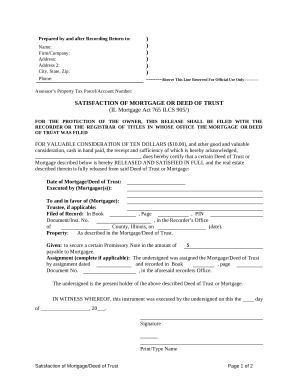
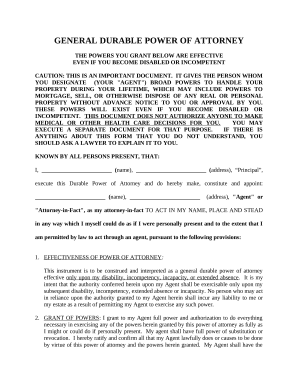
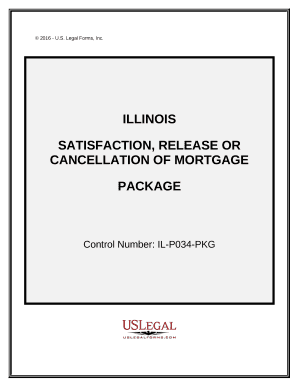

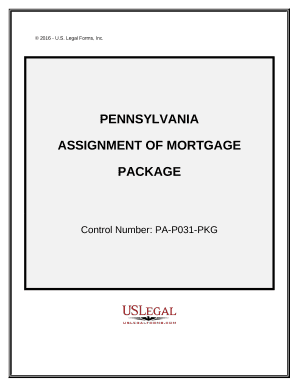
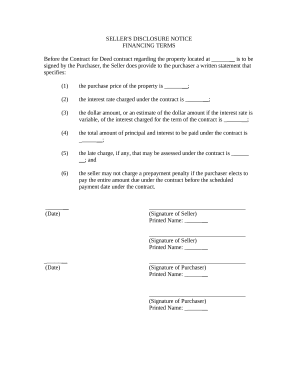
Document management can overwhelm you when you can’t locate all of the documents you need. Fortunately, with DocHub's considerable form library, you can find everything you need and promptly manage it without switching between apps. Get our Property Finance Legal Forms and begin working with them.
Using our Property Finance Legal Forms using these basic steps:
Try out DocHub and browse our Property Finance Legal Forms category without trouble. Get a free account today!